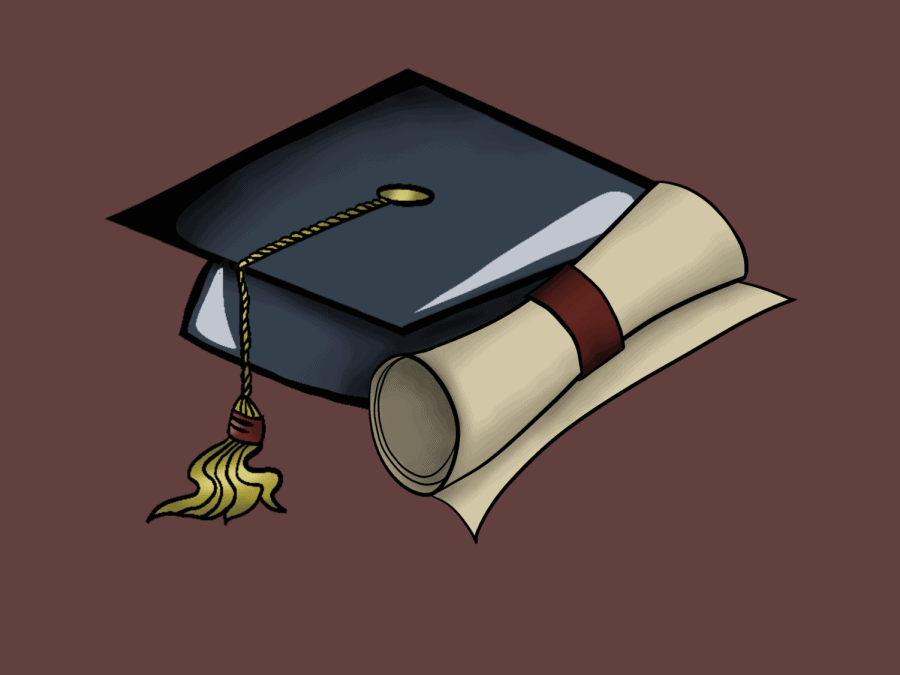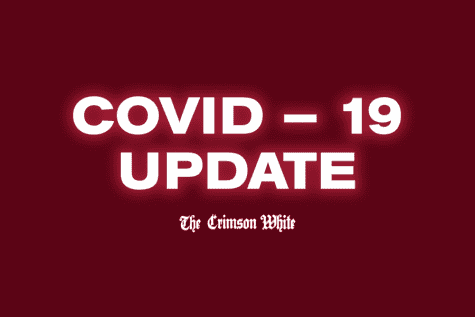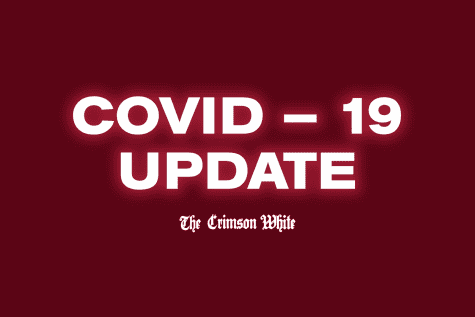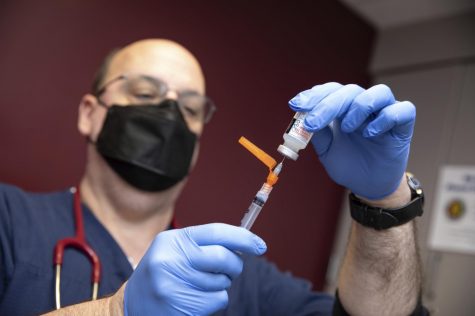How seniors and recent grads are dealing with COVID-era job searches
The search for post-graduation work is always tough. The ongoing pandemic isn’t making it any easier.
More stories from Maria Grenyo
The pandemic has shown us that there are two ways to spend the day on the couch: working or binge-watching.
For college seniors looking for a post-May graduation gig, it remains to be seen if they’ll spend the summer answering emails and accepting conference calls from their sofa or pressing play on yet another episode of “Bridgerton.”
According to the Bureau of Labor Statistics, the U.S. unemployment rate was at 3.6% in January 2020 before it surged to 14.7% in April. This January, the unemployment rate is back down to 6.7%.
While the unemployment rate has fallen dramatically since April, some graduating seniors are still worried about finding a job as the pandemic continues.
“Finding a job to begin with, especially in entertainment, especially during a pandemic, is hard,” said Micah Deerman, a senior majoring in creative media, who hopes to someday direct music videos and edit feature films.
Deerman said the biggest way to “get out there” is by submitting work to film festivals, like Black Warrior, Sidewalk, Cobb International and Houston Comedy, and he’s had help submitting to some of those from The University of Alabama.
“[The College of Communication and Information Sciences] is very big on getting students work, so I was able to receive funding from them to submit to different festivals,” he said.
He said underclassmen in creative fields should make the most of their time in college.
“My advice to creative people is while you’re in college, while you have that support system, create as much as you can,” Deerman said. “Do whatever you can to have something to show. Do as many projects as you can. Do whatever you can now so you’ll have something to show off later.”
Not all seniors are worried about finding a job. Some have decided to attend grad school.
Alex Boulay, a senior majoring in biology, is comforted knowing that he is attending dental school in the fall.
“Not having to work on being in the workforce is kind of nice because I know that it’s really bad right now with COVID,” Boulay said.
However, he knows that his grad school experience will be impacted by the pandemic.
“I’m just not sure what it’s going to look like for grad school with COVID,” Boulay said. “… I think that COVID poses a super interesting problem with people graduating.”
According to an article from the American Psychological Association, “COVID-19 and the Workplace: Implications, Issues, and Insights for Future Research and Action,” many companies are estimating “substantial long-term increases for remote work after the pandemic.” Remote work is growing in popularity, so seniors may not graduate into the office job they expected four years ago.
The same article stated that the pandemic continues to contribute to feelings of chronic stress and work burnout, including “permanent feelings of exhaustion and a distant attitude toward work.” The article resolved that employers should offer “tangible” and “psychological resources,” such as access to counseling.
“I feel like there’s this big push that you have to have it figured out before you graduate,” Boulay said. “The fact that the job market is so strange right now is an interesting contrast to that because a lot of people aren’t able to start the rest of their lives right away. They’re not able to hop in with a long term job right away.”
Jade Teel, a UA fall semester graduate with a double major in history and religious studies, expects seniors this semester to have an easier transition to the workforce than he did.
“With the vaccination coming out, businesses might be more open to hiring again, coming to the office,” Teel said. “You might get more typical jobs. Businesses now know how to deal with remote work better, they know how to interview from a distance.”
Teel said the job search process was difficult and that he spent last summer and fall hunting for post-graduation work.
He now works for Grammarly and is a research assistant for two UA professors. However, his job situation is still abnormal.
“I would normally expect to go to an office and have a regular nine-to-five job, but now I work irregular hours, which is kind of good,” he said. “I have pretty flexible hours and can get the work done whenever is best for my schedule.”
Teel advised future graduates to “make sure that you’re taking time for yourself because I’m sure a lot of people’s mental health has suffered in the past year.”
He also emphasized that college is not the end of education or opportunities.
“You can become educated and gain skills that might be helpful for jobs outside of college,” Teel said. “If suddenly you think your career plans might have changed just because of the way the pandemic has changed things, don’t be afraid to go outside of your typical college environment to gain skills – whether it’s through a club, informal learning or virtual learning.”









